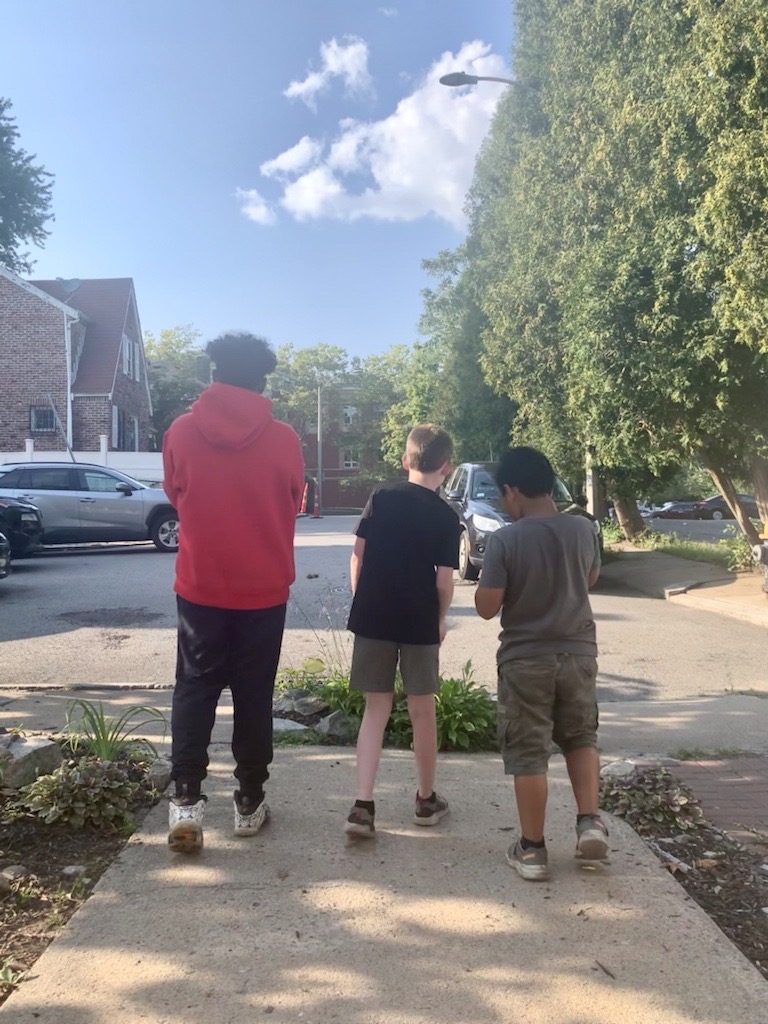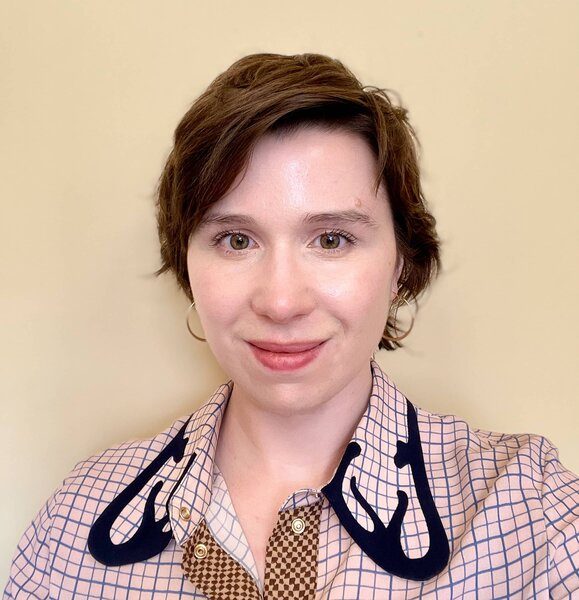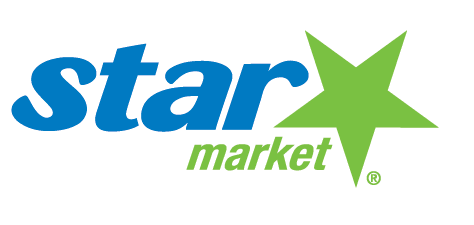Bridges Homeward may be a small organization but it does big things and has done so since 1874. Star Market has donated more than $1,100 to this nonprofit through its GIVE BACK WHERE IT COUNTS Reusable Bag Program.
Tell us about Bridges Homeward.
Our mission is to provide high-quality support and advocacy for children, adults, and families to develop and nurture safe, permanent relationships and maximize individual growth.
We were founded in 1874 by a group of local Cambridge citizens. Originally, we were an orphanage called the Avon Home near Harvard Square and housed eight children who attended the nearby school. Over the next century and a half, the Avon Home continually expanded services to meet growing community needs.
In 1978, the Avon Home became Cambridge Family & Children’s Service and this year we changed our name to Bridges Homeward to reflect our expanding reach beyond Cambridge and our focus on building permanency. Today, we serve over 1,300 children, teens, and families in Massachusetts every year.
Throughout our history our agency has always been working to expand and to do more, pushing our own limits.
What services do you provide to the community?
We focus on four main areas. Those areas are foster care and adoption, developmental disabilities services, residential services for older youth transitioning out of foster care and services for family support and stabilization. We run six programs in those four areas of care.
Tell us a story that illustrates the good work you are doing.
I’m going to share a story with you that we’ve shared several times. T. came to America as an unaccompanied refugee minor. He was escaping compulsory military service in his home country of Eritrea (one of the world’s poorest countries with one of the worst dictatorships). He traveled with two friends from Eritrea through Northern Africa, through the Middle East and finally to the U.S. By the time he came to America, he was by himself.
When he came to stay in Putnam Place, our group home for young adults who identity as male or nonbinary, one of the first things we really focused on was making sure that he felt safe after experiencing so much violence and so much instability.
Our Clinical Services Director Kim Stasny described T. as looking like he was 14 at the time because he was so small and skinny, though he was actually just about to turn 18. But today he’s very strong and carries himself with confidence. T. is a very diligent and committed student. In fact, he is valedictorian of his high school graduating class! T. dreams of becoming a doctor and will be attending the University of Massachusetts-Amherst in the fall. He’ll be leaving Putnam soon, but while he was with us, he dedicated himself to school, an internship and a job. He transformed from what appeared to be a very fearful person to one who is strong in a multitude of ways.
His story is representative of a lot of the young people in our group homes. For our residents, it can take courage and bravery just to get up in the morning. T’s story of trauma is on a global scale, but we work with many young people and many young men who carry that kind of emotional burden as well. T’s strength is a strength that many of our residents have.

What is your greatest achievement or contribution to the community?
Our most important achievement would absolutely be our permanency work. We show permanency through stories, but to put it into words, permanency means having a caring person, a loving adult and a supportive community in your life. It means having healthy, permanent relationships and living in a stable, safe and loving home.
One metaphor that I really like about permanency came from our Developmental Disabilities program team. It’s helpful to think of permanency in terms of a spider in the web. So, if a person is the spider, all of the permanent relationships and connections they have are individual strands of the web. The more connections there are, the stronger the web will be.
Permanency includes our relationships with our parents, with our spouses, with our friends and family. But it can also be relationships with mentors, teachers, coaches, community members and fellow church congregants. Permanency is a relatively new practice in social work.
We show permanency through stories, but to put it into words, permanency means having a caring person, a loving adult and a supportive community in your life.
We make sure all the youth, adults and families that we care for have their needs met. For example, they have housing; they have food on the table; they’re going to school; they’re receiving therapy and medication. But we also ask, what about their emotional needs? Where are their relationships? What does their family look like? This is the shift in social work towards permanency.
We ask, how lonely is an individual child that we’re caring for? How connected are they to their siblings, to their biological parents, their aunts and uncles? Do they have adoptive or foster parents from the past that are still really strong relationships for them? And if not, maybe there are relationships that need work. We help them strengthen those relationships in a way that is safe and healthy for them.
In our permanency work, we focus on how we can get people together with those in their lives that really matter; how can we connect them more with those relationships that are going to be there for their entire lives.
What do you want people to know about Bridges Homeward?
I would want people to know how dedicated we are to each individual client. There is absolutely no one-size-fits all solution. We consider every client and indeed every issue individually. We have practices that we strengthen, and we build on permanency practice.
Our services to every client are really so tailored and so unique to each client that even though not every story has a happy ending, we are proud of the results we help youth and families achieve. And even if there’s not a happy ending that doesn’t mean that progress wasn’t made.
As an agency, it’s important that we embrace and support cultures, beliefs and practices from many places around the world and different walks of life. I think because of our permanency practice and our progressive values, we are able to really see every person we work with as an individual who carries many experiences and a unique history.
I think we are innovators in social work. We’re constantly pushing forward. That might have something to do with the fact that we’ve been around for so long as well.
I would want people to know how dedicated we are to each individual client. There is absolutely no one-size-fits all solution. We consider every client and indeed every issue individually.
How are you using the funds you’ve received from the Star Market GIVE BACK WHERE IT COUNTS Reusable Bag Program?
We don’t tailor our Star Market funds or put them in a specific account. We love that they’re unrestricted. I’m sure other nonprofits have said that as well, but I will say in our agency needs pop up all the time and are all different. Often those needs are immediate financial needs that our clients have. We receive most of our funding from contracts with state agencies, but those contracts don’t give us the funds that we might need to help our clients with emergency expenses for some pretty basic needs. Sometimes they come to us asking for help with utility bills, grocery expenses or even money to buy diapers. Unrestricted funds from programs like Give Back Where It Counts are a huge help for those immediate needs.
Is there anything you’d like to add?
The thing I would add is how we want people to think about our agency. People understand foster care and adoption fairly easily, and they can see the needs around that. And the same for residential services programs; I think that’s a program that’s pretty easy for people to understand. But that’s not all we do. Our permanency practice and progressive values are just as important in serving individuals with developmental disabilities and in helping families find stability together.
As I was saying earlier, every person is an individual, and you will make mistakes, but people are always capable of change. We never lose sight of that in our work. People are always capable of positive change when you help them harness their strengths.


